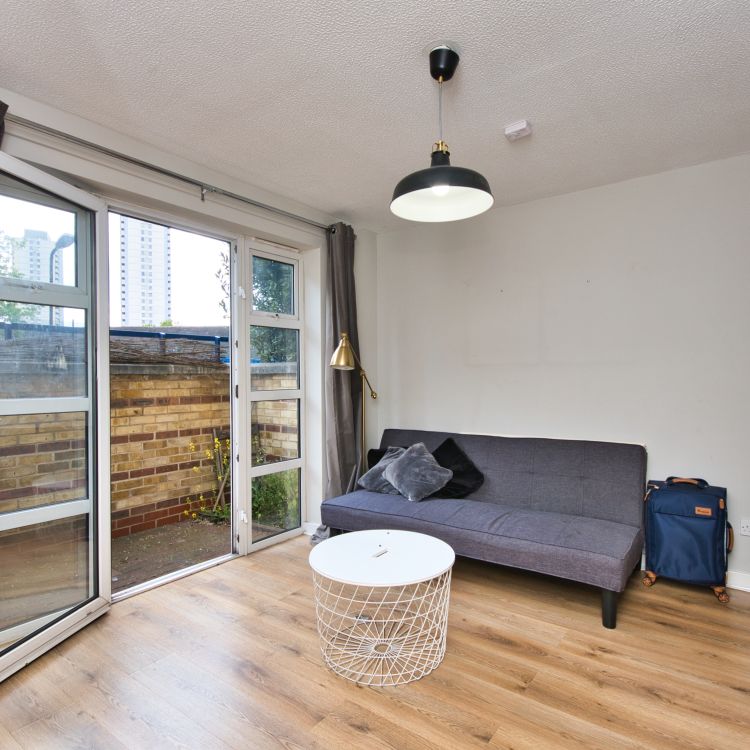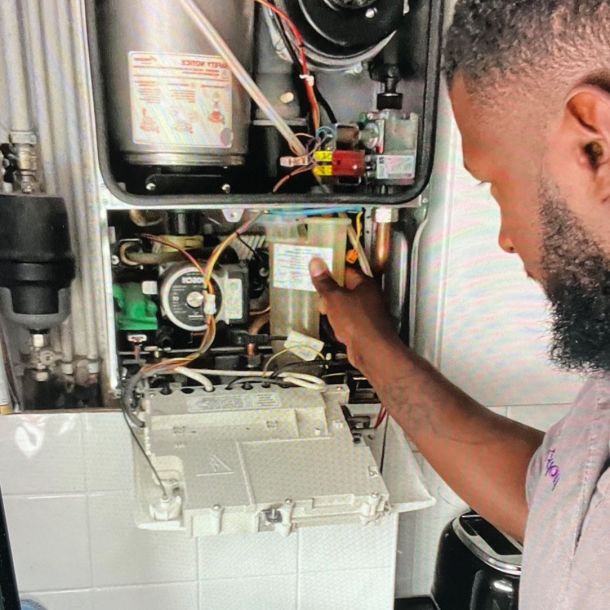Ending a tenancy on behalf of someone else
We know that ending a tenancy on someone else’s behalf can be a challenging and emotional task. Whether our customer has sadly passed away, moved into residential care, or is unable to continue living in their home for another reason, we’re here to guide you through the legal process.

We can only accept notice if you are the next of kin or are legally acting on behalf of the tenant. For example, if you are the executor of their will, have been appointed an administrator by the Probate Office or have power of attorney. You can find out more about this and what you need to do on the gov.uk website.
We will ask you to provide confirmation that you have the legal right to end the tenancy. If there is no executor or administrator, we have to serve notice on the Public Trustee to legally end the tenancy.
Below you will find some frequently asked questions, which will help guide you through the process.
If you have the legal right to end the tenancy on behalf of our customer, you’ll need to let us know by submitting a Customer Notice to Quit form, which is linked below. This lets us begin the process of formally ending your tenancy and arranging the next steps.
Access the Customer Notice to Quit Form here
Should you experience any issues with completing the form, please email emptyproperties@platformhg.com
You’ll usually need to provide:
- A copy of the death certificate (if applicable)
- Evidence that you are the executor, administrator, or have Power of Attorney
- Proof of your identity
A minimum of four weeks’ notice is typically needed to end a tenancy. This may vary depending on the circumstances, and we’ll explain what applies when you contact us.
Please let us know as soon as you can. We’ll work with you while you gather the necessary documents, and we’ll keep you informed of any deadlines.
Yes, the property should be cleared of all personal belongings before the tenancy ends. If this isn't possible, please speak with us as soon as possible so we can discuss options.
The property must be:
- Clean and tidy
- Free from all furniture, personal belongings, and rubbish
- In a reasonable state of repair
We provide a full checklist on our Leaving Your Home in Good Condition page to help you prepare. Alternatively, you can download and print off the leaflet linked at the bottom of this page.
Any outstanding rent will normally be recovered from the tenant’s estate. If you are the executor or administrator, you may be contacted regarding this. You won’t be personally liable for the tenant’s debts unless you have a legal or financial connection.
If no will exists, the estate is considered ‘intestate’ and the Probate Office may appoint an administrator. We will need confirmation of who has legal authority to act in these circumstances.
If no one is legally able or willing to end the tenancy, we are required to serve notice to the Public Trustee. This is a government body that helps manage estates where no executor or administrator has been appointed.
You have a legal obligation to ensure your home is left in a gas safe condition. This protects the safety of the next occupants, neighbouring properties, and the wider community.
No. Gas appliances must only be disconnected and removed by a Gas Safe registered engineer. Attempting this yourself is dangerous and illegal.
Leaving gas points open can result in a serious gas leak if the supply is switched on. Just one small spark – especially from nearby electrical cables – could cause a devastating explosion.
Yes. It is against the law for anyone who is not Gas Safe registered to carry out gas work. You could face criminal prosecution if the property is left in an unsafe condition.
Visit the official Gas Safe Register to find a certified engineer in your area. Always ask to see their ID card before they begin any work.

